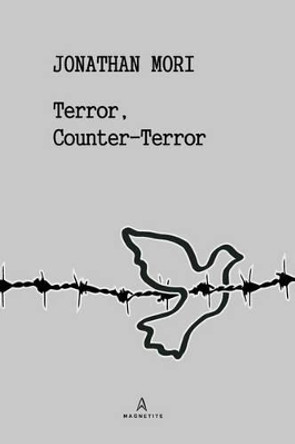Description
This book examines two key themes in terrorism studies, the radicalization process and counter-terrorism policies, through the lens of social networks.
The book aims to show that networks should be at the forefront not only when analysing terrorists, but also when assessing the responses to their actions. The volume makes a unique contribution by addressing two relatively new themes for terrorism studies. First it puts social relations and cooperation issues at the forefront - an approach often identified as crucial to future breakthroughs in the field. Second, many contributions tackle the role of the Internet in the process of radicalization and in recruitment more generally, a highly debated topic in the field today. In addition, the book provides a valuable mix of review essays, critical essays, and original empirical studies. This balanced approach is also found in the topics covered by the authors, as well as their academic disciplines, which include sociology, computer science, geography, history, engineering, and criminology as well as political science. Many of the true advances in terrorism studies depend on the successful collaboration of multi-disciplinary teams, each with a different set of methodological and conceptual tools. This volume reflects the newfound diversity in this field and is a true product of its time.
This book will be of much interest to students of terrorism studies, social networks, security studies, sociology, criminology and international relations in general.
About the Author
Martin Bouchard is Associate Professor at the School of Criminology, Simon Fraser University, Canada. He is co-editor of Illegal Markets and the Economics of Organised Crime (Routledge 2010), and World Wide Weed: Global Trends in Cannabis Cultivation and its Control (2011), and editor of Advances in Research on Illicit Networks (Routledge 2015).
Book Information
ISBN 9781138729261
Author Martin Bouchard
Format Paperback
Page Count 256
Imprint Routledge
Publisher Taylor & Francis Ltd
Weight(grams) 362g







